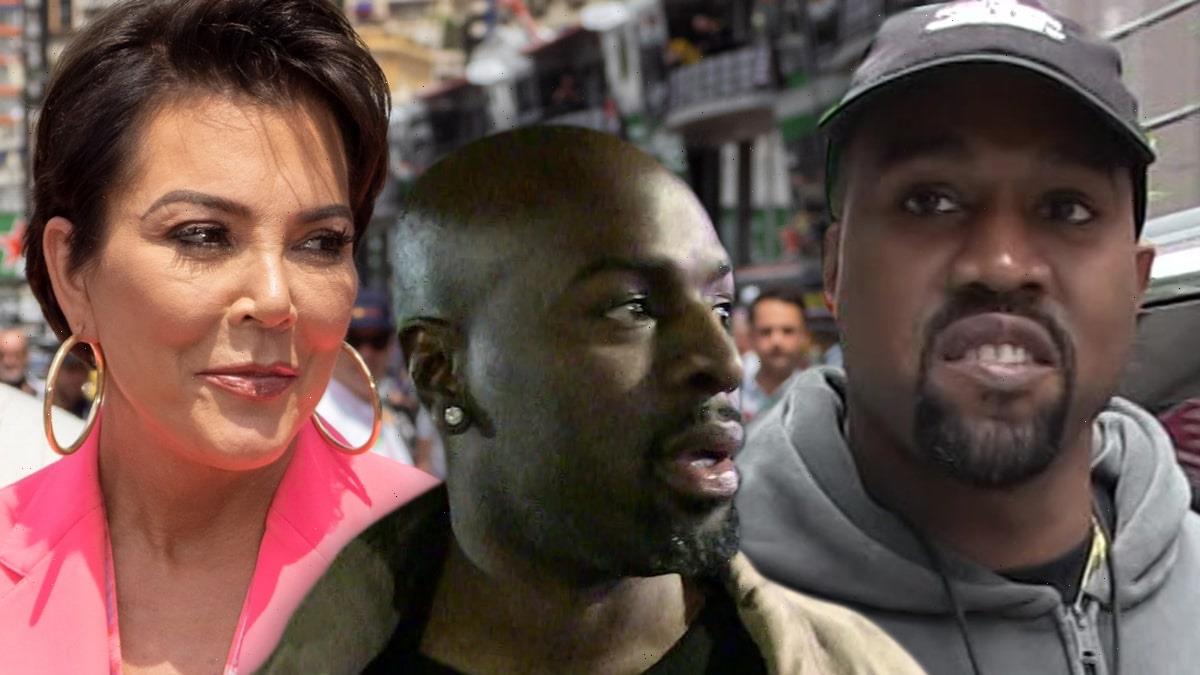BEIJING — The United States figure skaters wanted their medals, and they wanted them before the Olympics were over.
On Saturday, just one day before the Closing Ceremony that will wrap the Beijing Olympics, the nine members of the United States’ team skating demanded, through attorneys, that the International Olympic Committee award them, prior to the ceremony, the silver medals they earned earlier in the Olympics. The team took the matter to the Court of Arbitration for Sport's ad hoc committee.
But the CAS said early Sunday in Beijing that it dismissed the appeal by the nine skaters.
Team USA finished second to Russia in the event, with Japan finishing third. However, after the competition was completed but before medals were awarded, news broke that Kamila Valieva, one of the skaters for Russia, had tested positive for a banned heart medication on Dec. 25. The IOC then declared that the results were “preliminary” and it would not award the medals for the event pending an investigation; if Valieva were deemed ineligible, Russia would lose the gold medal. Such a verdict could take months, and certainly will extend past the end of the Olympics.
The CAS determined that Valieva was still eligible to skate in the women’s individual event based on a procedural finding, but indicated that decision was not a referendum on her guilt or innocence in the matter of doping. Valieva, favored to win gold, instead struggled through her routine and finished in fourth place. Had she medaled in that event, there would have been no ceremony either.
Team USA’s skaters contend that failing to award them their duly-earned medals, regardless of whether they are the “final” medals, violates both the Olympic Charter — which calls for a presentation of medals at the venue or at a Medals Plaza — and the Host City agreement.
“Our clients have trained a lifetime for this opportunity to have their achievements publicly recognized before the world,” attorney Paul J. Greene of Global Sports Advocates wrote. “They are the embodiment of the Fundamental Principles of Olympism by creating a way of life based on the joy of effort, the educational value of good example, social responsibility and respect for universal fundamental ethical principles.”
IOC president Thomas Bach met with members of both the United States and Japanese skating teams, and offered them an Olympic torch as a token of gratitude. However, the United States skaters decided that offer, without the appropriate medal consideration, was insufficient.
“In response to Mr. Bach's offer for input,” Greene wrote, “a dignified medal ceremony from our clients' vantage point is one in the Medals Plaza as originally planned and afforded to all other medalists.”
Russia, for its part, has made no secret of its intention to fight for Valieva, to the point that it declared it would not give up the medals “under any circumstances, regardless of the results of the disciplinary investigation into the athlete.”
The Olympics conclude Sunday evening with the Closing Ceremony, which begins at 8 p.m. Beijing Time.
Source: Read Full Article

